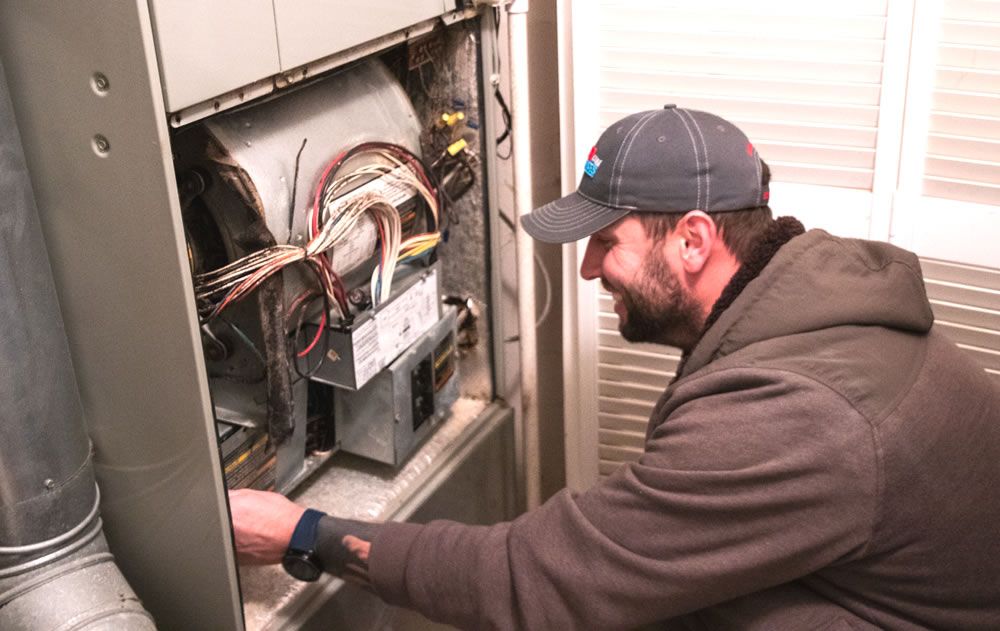
Learn when it's time to replace your HEATING AND COOLING system and what to understand prior to you purchase.
Whether you reside in a warm or cold environment, it's always a good concept to take a look at your heating, ventilation and air conditioning (A/C) system.
However how do you understand if you require a brand-new system-- and what do you need to understand prior to purchasing a new HEATING AND COOLING system to make a wise purchase?
When to Replace
You might need to replace your system if any of these indicators happen:
- You see a spike or upward trend in your energy expenses.
- You're spending for frequent repair work.
- Your home isn't as comfy as you would like it to be; perhaps it has hot spots or cold spots, is too dry or too damp, or has large temperature swings.
- Your boiler, heater or air conditioner is more than 12 years old.
Follow these basic standards to estimate the life-span of your system: Condensers and air handlers normally last 12 to 17 years; boilers typically last 15 to 25 years; and heaters can last 15 to 20 years.
Contact someone knowledgeable and credible to help you understand whether you need to change any part of your system. A lot of HVAC companies offer a no-cost assessment of your current system and will discuss alternatives.
What to Ask
To identify if you require a new A/C system, address the following concerns:
1) How important is energy performance to you?
There are a lot of measurements for performance, and each system has its own type of measurement. It's constantly a safe bet to select an ENERGY STAR-certified system.
2) What's the return on financial investment?
There's normally a seven-to-15-year repayment period for a new condenser, air handler, boiler or heater. Having these brand-new products will help increase your home's resale worth.
3) What size unit do I need?
Size is figured out with a load estimation. For instance, the boiler estimation is based on the number and size of radiators and baseboards. Cooling, heat pump and furnace loads are based mainly on cubic video footage, but there are other factors, including the instructions your house deals with, insulation, and the size, type and variety of windows you have. Needless to say, it gets made complex. A/C specialists have software application that can perform the calculation for you.
4) Exist other expenditures related to installation?
There might be included costs, if, for example, someone requires to update their electrical panel to accommodate the A/C system. Also, think about if you want a humidifier or air cleanser-- a new hvac system great idea if someone in your house has allergic reactions, asthma, dry skin or bloody noses.
5) What system is ideal for me?
This response depends on your spending plan and the convenience you desire. A higher-end system will be more effective, provide you more of even temperature levels throughout your home and have less humidity swings, Kenyon says.
You might likewise consider your roi. If you're going to be in your home for 20 years, you may desire to invest more for a higher-end system.